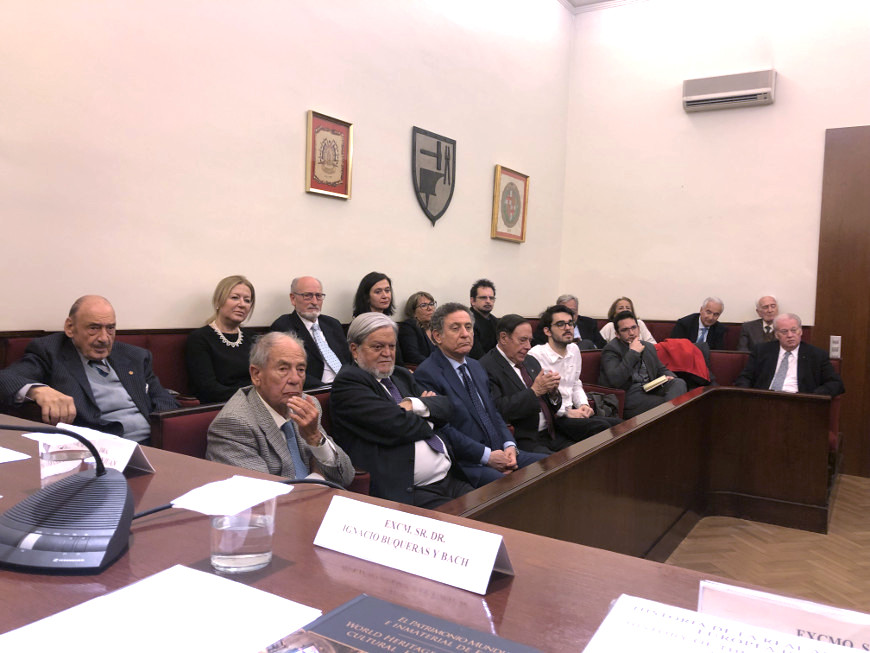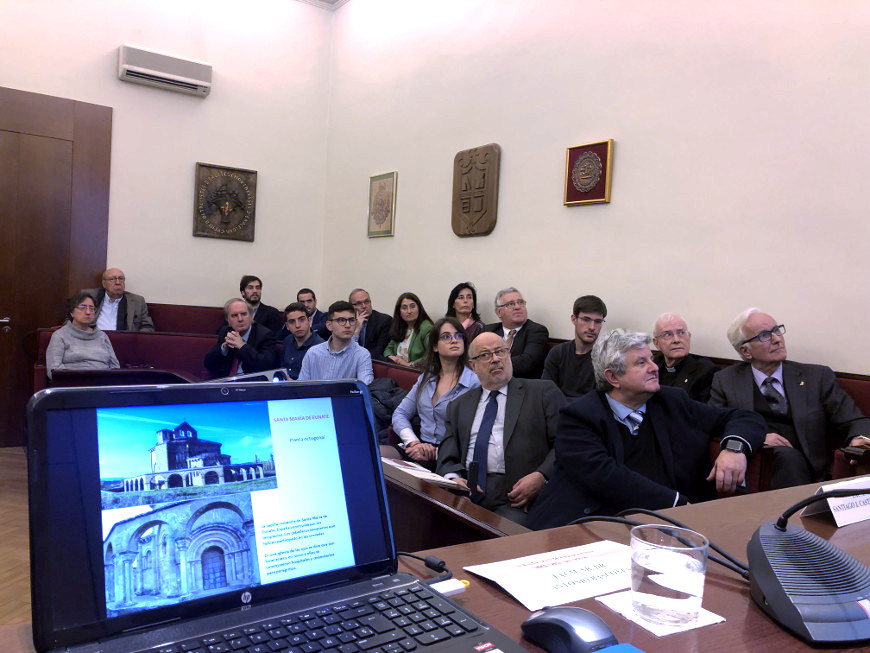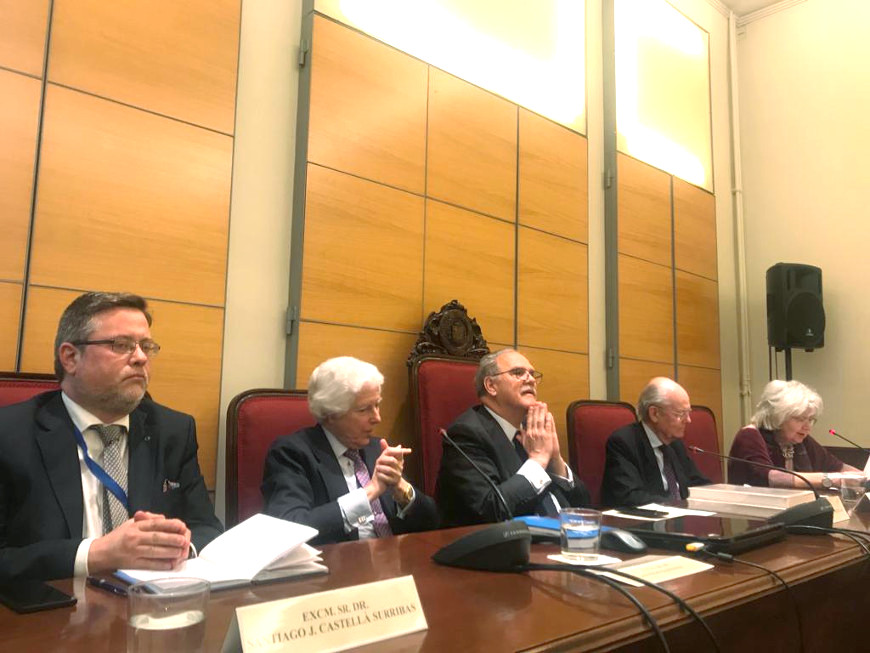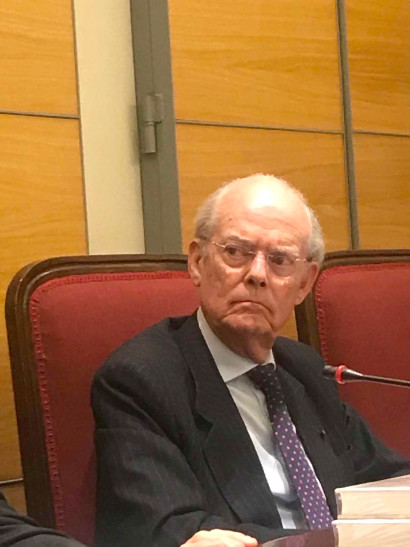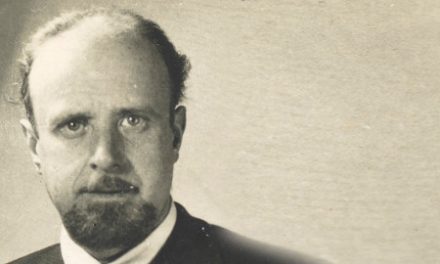The RAED welcomes in Barcelona the debate on the Spanish heritage that a week before held the Madrid
 The Royal European Academy of Doctors-Barcelona 1914 (RAED) hosted last March 18th in Barcelona a round table on “Patrimonio mundial e inmaterial de España” (World and intangible heritage of Spain), that a week before had held the Royal Academy of Doctors of Spain (RADE) in Madrid, in both cases with the participation of academicians from the two institutions. The session was held in the Assembly Hall of Catalan Labour National Works Promotion, headquarters of the RAED, with the participation of Antonio Bascones, president of the RADE; Ignacio Buqueras, full academician of the Section of Humanities of the RADE, president of the Association for the Dissemination and Promotion of the World Heritage of Spain and full academician elected of the RAED, and Santiago Castellà, full academician of the RAED and general secretary of its Foundation. Alfredo Rocafort, full academician and president of the Royal European Academy of Doctors, gave a welcome speech, while Teresa Freixes, full academician and general secretary of the RAED, intervened as moderator.
The Royal European Academy of Doctors-Barcelona 1914 (RAED) hosted last March 18th in Barcelona a round table on “Patrimonio mundial e inmaterial de España” (World and intangible heritage of Spain), that a week before had held the Royal Academy of Doctors of Spain (RADE) in Madrid, in both cases with the participation of academicians from the two institutions. The session was held in the Assembly Hall of Catalan Labour National Works Promotion, headquarters of the RAED, with the participation of Antonio Bascones, president of the RADE; Ignacio Buqueras, full academician of the Section of Humanities of the RADE, president of the Association for the Dissemination and Promotion of the World Heritage of Spain and full academician elected of the RAED, and Santiago Castellà, full academician of the RAED and general secretary of its Foundation. Alfredo Rocafort, full academician and president of the Royal European Academy of Doctors, gave a welcome speech, while Teresa Freixes, full academician and general secretary of the RAED, intervened as moderator.
Bascones reviewed in his exposition the history and peculiarities of the St Jame’s Way (the Camino de Santiago), probably the most singular and complex piece of Spanish heritage. “I advise vividly to do it from time to time, in stages, for days, without haste, with reflection and, especially, with faith and hope in a higher life. The road accepts you or rejects you. That is the true secret of it. Let us try, with our effort and tenacity, to accept us and receive our message, which will guide us all our future life”, he said after stopping at the different stages of his long history.
Buqueras, for his part, reviewed the items recognized and protected by Unesco in Spain, both material and immaterial, and highlighted the work of the Association for the Dissemination and Promotion of the World Heritage of Spain. “One of the fundamental aspects of our association is to publicize, disseminate and protect declared assets, among our objectives is to carry out an intense outreach campaign, through the publication of books and their projection, the organization of exhibitions, the realization of cultural trips and, above all, the creation of postgraduate programs that will be taught in prestigious Spanish universities, as well as the Friends of World Heritage section, and we will celebrate World Heritage Day for the first time this year, next November 2, 35th anniversary of the first declarations corresponding to Spain made by Unesco”.
Castellà addressed the question of the construction of a common imaginary of Spanishness after making a tour through the Moorish Spain of Averroes, the Jewish, the one of the converted, the one of the Erasmists, heretics, Frenchified humanists, institutionalists, freethinkers and exiles. He stopped at two historical moments: the reception of Erasmianism and the reception of Krausism, to point out that curiously two thinkers who had not had special success and prestige in Europe were welcomed as a possibility of building an open and inclusive Spanishness. He cited José Antonio Maragall when he said that “Erasmianism could embrace itself as a possibility of secularization and openness, in his work on the concept of Spain in the Middle Ages, published by the Institute of Political Studies in 1959.

